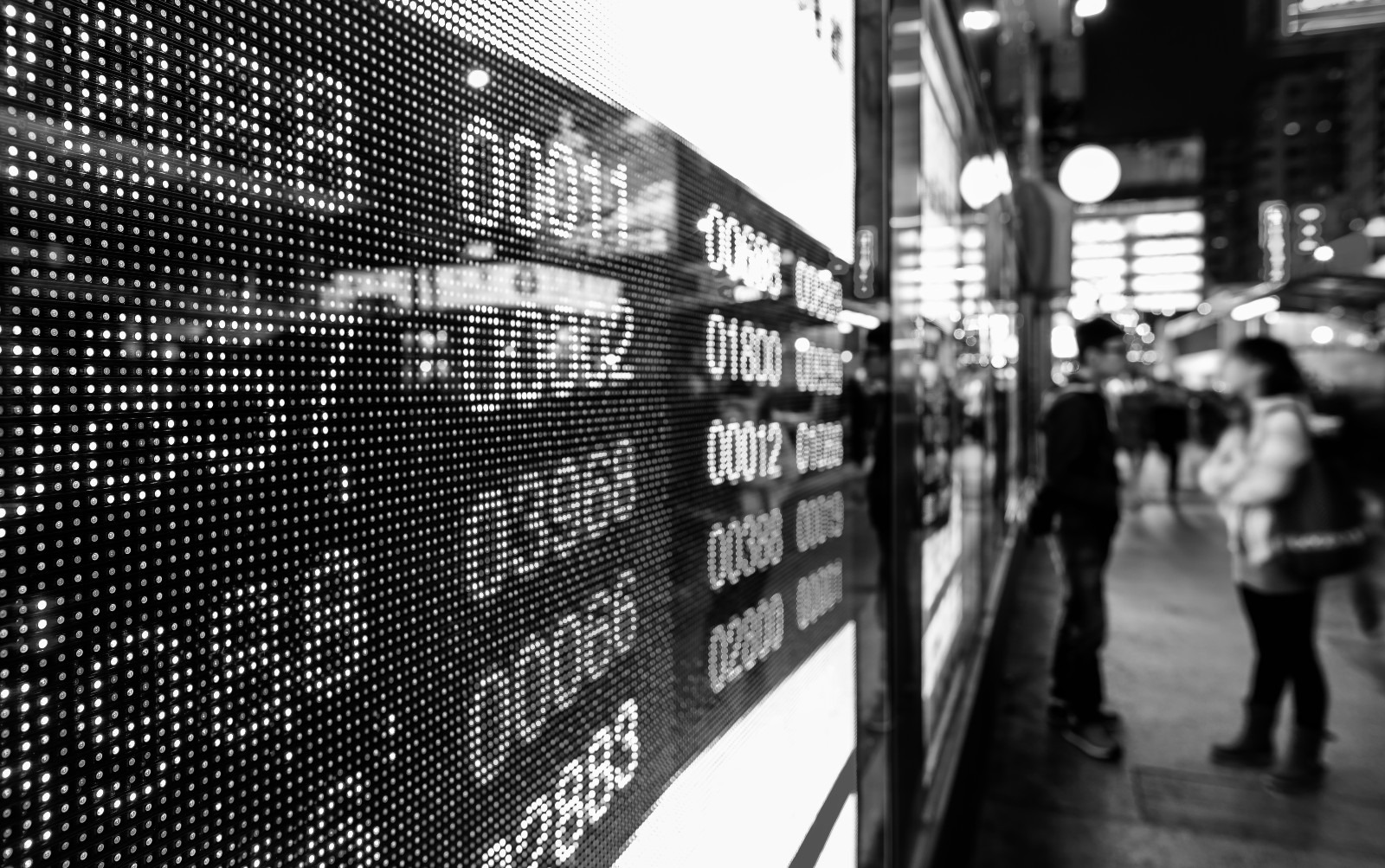Futures are coming to Egypt, so let’s brush up on them…

Enterprise explains: What are futures? 2021 could be a significant year for the development of Egypt’s capital markets, with derivatives trading set to launch before the year is out. The Financial Regulatory Authority is keen to get Egypt’s futures exchange up and running before 2022, which would mark the first time that investors are able to buy and sell derivatives contracts on the EGX, according to its deputy chairman Eslam Azzam. So let’s dive deeper into what futures are.
Put simply: Futures are derivative contracts where a buyer and a seller exchange an asset at a future date at a price they both agree upon in advance.
How do they work in practice? Picture this scenario: An auto manufacturer needs to purchase aluminum to produce cars. The market price has been stable for a few years, but recent price rises and increasing talk of a commodities supercycle has the company worried that it could soon be paying three times as much per ton of the metal.
Hedging risk: One option for the company to mitigate the price risk is to enter into a futures contract with its supplier. Instead of paying market value (AKA, the spot price), the manufacturer will sit down with its supplier and negotiate a different price for the metal — let’s say, USD 2k per tonne — in three months’ time. If, after three months have elapsed, the market price of aluminum has risen to, say, USD 2.5k, the manufacturer has successfully hedged against price risk, saving itself USD 500 per tonne.
And on the other side of the trade…: In this scenario, the producer loses out in the transaction, and must sell at the futures price, which, in this case, is USD 500 below market.
But this works both ways: Should the market price move in the opposite direction, the manufacturer becomes the loser. In the event that the price falls to USD 1.5k per tonne after the three months, the company will still have to pay the agreed USD 2k — USD 500 above the market price.
Futures are useful for producers, too: Imagine the reverse scenario taking place. Prices are dipping and there is growing talk of a bear market. Fearful of a fall in prices, the aluminum supplier could choose to hedge the risk by agreeing with its clients to sell at a specific price in the future.
Futures are commonly used for commodities: Energy commodities such as oil, natural gas; foods such as corn, wheat and soy; and metals like gold, silver and aluminum.
But they go far beyond that: Investors use “forward rate contracts” to both speculate on and hedge against fluctuations in interest rates. “Currency forwards” do the same for exchange rates. Stock forwards allow traders to speculate on future share prices, and bond forwards do the same for fixed income.
Futures are more often used by investors for speculation, who buy and sell contracts based on the direction that they think the underlying asset’s price will move. Index futures — which will be the first type of contracts open to investors in Egypt — allow traders to speculate on the fluctuations of a share index such as the EGX.
For a clearer idea on speculation, think oil markets. Oil contracts are frequently bought and sold on exchanges by speculators. They allow traders to benefit (or lose) from fluctuations in the price of the key commodity, all without having to, you know, own any physical oil.
Further reading:
- You can dive into a reference book by the Federal Reserve Bank of Chicago: Understanding Derivatives: Markets and Infrastructure.
- Tired of Reading? Harvest Public Media has a handy video explainer on futures markets (watch, runtime: 4:26)
- Futures are often used to give equity traders a glimpse into what to expect ahead of the start of a trading session, here’s why.